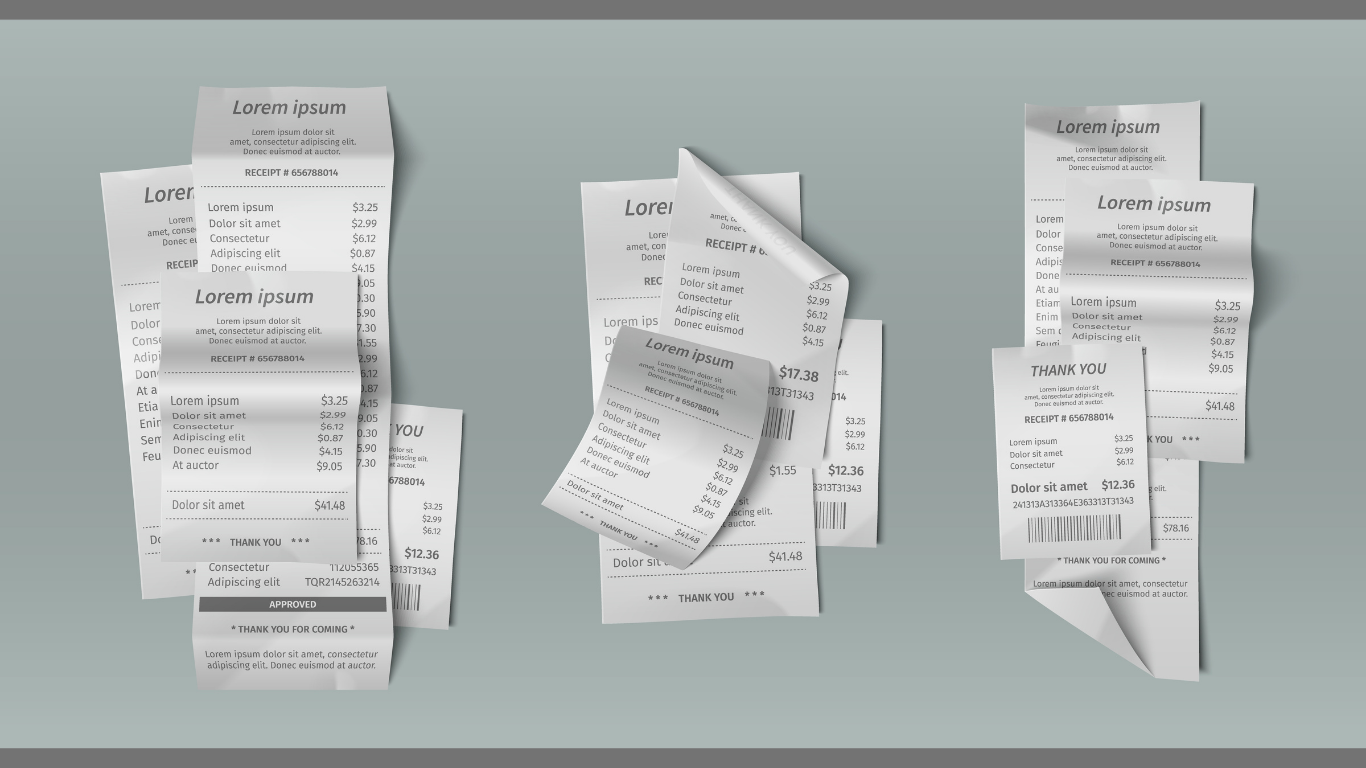The real estate industry has always been driven by relationships, location knowledge, and negotiation skills. Those foundations remain, but the demands of clients and the pace of the market now require realtors to integrate digital tools into their daily practice. Buyers begin their property searches online, sellers want their listings to stand out immediately, and communication often takes place across multiple channels before a showing ever happens. Tech solutions are no longer optional; they form part of the core skillset that separates forward-thinking realtors from those struggling to keep pace. From virtual staging to predictive analytics, the modern professional must learn how to combine traditional expertise with digital efficiency.
Virtual Staging and AI Integration
One of the most powerful applications of technology for realtors is the ability to present a property in its best light before a potential buyer even steps through the door. Empty rooms can feel cold and uninspiring, while a cluttered space may hide the property’s true potential. Virtual staging addresses this challenge by allowing realtors to digitally furnish and decorate spaces, creating compelling images that inspire buyers. This practice saves on the costs of physical staging, shortens listing times, and makes properties stand out online. What makes this process even more effective is the rise of AI solutions for realtors, which can generate staging designs tailored to specific buyer demographics and preferences. This allows a personalized approach that increases engagement and leads to more productive showings.
Customer Relationship Management Platforms
Relationships remain the backbone of real estate, but handling dozens or hundreds of clients at once can overwhelm even the most organized agent. Customer Relationship Management (CRM) platforms have become central to managing contacts, tracking conversations, and following up on leads. These platforms integrate with email, text messaging, and even social media, making it easier to provide consistent communication. Many CRMs now include automated reminders, smart lead scoring, and reporting dashboards that highlight where an agent’s attention is most needed. It results in an improved experience for buyers and sellers who feel valued, along with increased productivity for the realtor who can focus on the most promising opportunities.
Predictive Analytics for Market Insights
Understanding where the market is heading has always been a key advantage in real estate, and technology has expanded what is possible in this regard. Predictive analytics tools can review vast amounts of data from recent sales, demographic shifts, and broader economic trends to identify patterns. Realtors using these insights can advise clients on when to list, how to price, and which neighborhoods may see rising demand. The ability to base recommendations on data rather than intuition alone builds trust with clients. Sellers appreciate a strategy grounded in measurable information, while buyers gain confidence that they are making a sound investment.

Virtual and Augmented Reality Tours
Homebuyers today often prefer to explore properties from the comfort of their own devices before committing to an in-person visit. Virtual reality (VR) tours allow prospective buyers to walk through a space, examine room layouts, and get a feel for dimensions without being physically present. Augmented reality (AR) takes this further by allowing users to visualize furniture, finishes, or renovations in real time. This saves significant time for both buyers and realtors by filtering interest more effectively. A client relocating from another city or country can narrow their choices remotely, arriving in town with a shortlist rather than facing the stress of numerous showings.
Digital Transaction Management
Real estate transactions involve a large amount of paperwork, signatures, and compliance requirements. Traditionally, this could slow down deals or create frustration with missed documents and repeated office visits. Digital transaction management systems have streamlined this process. Secure platforms now allow contracts to be created, signed, and stored electronically. Notifications alert all parties when signatures are needed, while compliance checks reduce the risk of errors. Realtors using these systems create a smoother experience for their clients, cutting delays and eliminating the need for stacks of physical paperwork. This efficiency becomes a strong selling point when clients choose which agent to trust with one of the most significant financial decisions of their lives.
The real estate profession has always required adaptability, and the current era places technology at the center of that adaptability. Clients expect efficiency, accessibility, and innovation when buying or selling homes, and tech tools deliver those expectations while supporting the expertise that realtors bring to the table. Those who balance human connection with technological efficiency will not only remain relevant but will also thrive in a market that continues to evolve.
Article received via email































